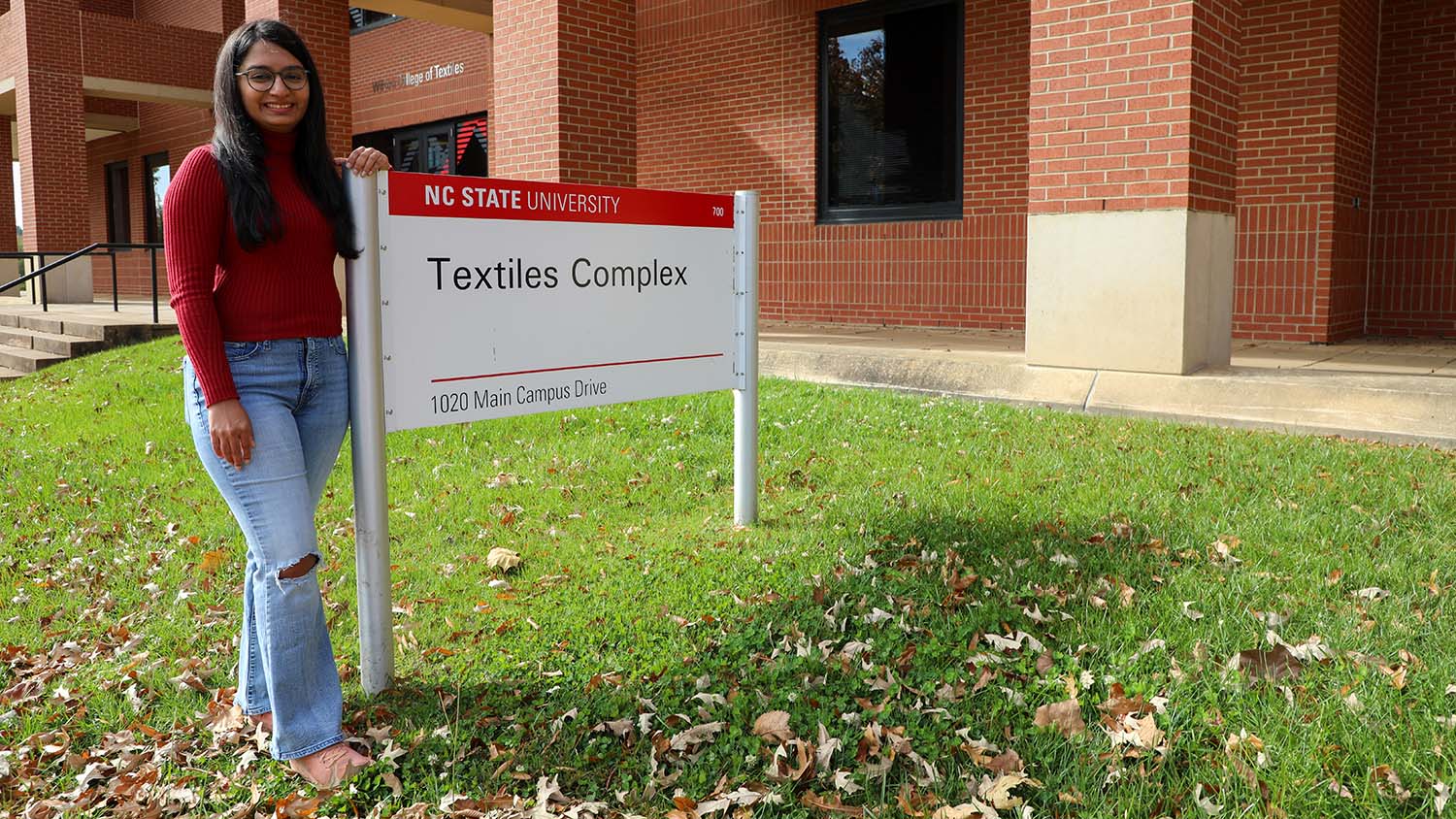What’s On My Mind: Graduate Students & Taxes

What’s On My Mind is an occasional column from Interim Graduate Dean Peter Harries.
As many of you have heard, there are some very impactful changes related to graduate education that have been put forward as part of the proposed tax reform plans that are currently been debated in Congress. If enacted, some of the proposed changes could have a significant negative impact on graduate education not only at NC State University, but across the country. Graduate students are a vital component in the generation of new knowledge. Therefore, NC State and the Graduate School, as well as other universities and numerous organization — including the Council of Graduate Schools and the National Association of Graduate-Professional Students — are being very proactive in bringing the impact of these changes to light.
These detrimental tax changes are most evident in the tax reform bill recently passed by House. The largest potential impact on NC State graduate students is a move to repeal Sec. 117(d) that includes the Qualified Tuition Reductions. Put simply, current policy excludes from taxable income tuition benefits received by graduate assistants (i.e., primarily teaching assistants and graduate assistants). However, the House’s Tax Cuts and Jobs Act would do away with that exemption, resulting in the tuition paid for or waived by universities being considered taxable income. This would result in an additional tax burden for students, especially those who require out-of-state tuition coverage.
On a more positive note, the Senate’s tax reform bill, passed on Friday, does not include the repeal of Sec. 117(d) and would retain the current tax exemption for graduate tuition. We are waiting to see how the House and Senate’s tax reform approaches will end up being reconciled. The tax reform bill is a long way from being finalized, and many of its provisions will be negotiated and revised throughout the legislative process.
At this point, we believe that continued pressure and awareness of the detrimental impacts of the change will lead to a decision that is in the best interests of continuing to support graduate education and myriad benefits aligned with those efforts for the country and beyond. We have seen some common-sense decisions related to graduate education associated with the both the Federal Labor Standards Act and with health benefits in the recent past, and we hope that that approach will ultimately govern the debate on this issue as well.
I want to assure you that we will continue to monitor this situation, and encourage all of you to let your representatives in Congress hear from you about this issue. Feel free to share this information more broadly.
- Categories:


